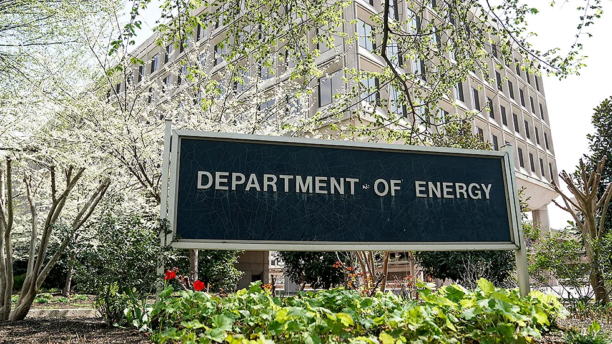New Energy Conservation Standards Published by DOE: Implications for the Propane Industry

The Department of Energy (DOE) recently announced updated energy conservation standards, impacting several sectors, including the propane industry. These changes are part of a broader effort to enhance energy efficiency across various types of equipment, aiming to reduce overall energy consumption and lessen the environmental impact. As the industry navigates these shifts, understanding the specific adjustments and their implications will be critical for propane businesses, manufacturers, and consumers.
The DOE’s updated standards target a range of commercial and residential appliances, including those that use propane. Notably, the regulations set stricter efficiency requirements for equipment such as water heaters, space heaters, and certain types of HVAC systems that rely on propane. These changes mean that products sold in the future will need to meet higher benchmarks for energy efficiency, which is likely to prompt updates in manufacturing processes. For companies that produce or distribute propane-powered appliances, this could require investments in research and development to ensure their products remain compliant.
For propane retailers and service providers, adapting to these standards might initially present challenges. They will need to evaluate their current inventory and ensure that future product offerings align with the new requirements. Additionally, they may need to adjust their messaging and customer support to address any questions about how these changes might influence customers’ energy consumption and overall costs. Customers, in turn, will need clear communication from propane suppliers to understand how the new standards could impact their energy use and what steps they might take to optimize their propane usage under the new regulations.
While these changes can seem daunting, they also present an opportunity for innovation and differentiation. The shift towards more energy-efficient products is expected to drive demand for newer, advanced technologies in the market. Propane companies that invest early in updating their product lines and processes to meet or exceed the new standards could find themselves at a competitive advantage. By offering customers high-efficiency solutions, businesses can position themselves as forward-thinking and environmentally conscious.
Moreover, aligning with these updated standards helps the industry contribute to broader sustainability goals. Propane is often touted as a clean-burning fuel that produces fewer greenhouse gas emissions compared to some other fossil fuels. By combining this inherent advantage with more efficient appliances, propane can remain a key player in the transition to a more sustainable energy landscape.
To stay on top of these developments, propane businesses should monitor updates from the DOE and seek guidance from industry associations like the National Propane Gas Association (NPGA). The NPGA serves as a valuable resource for industry stakeholders, providing insights and support as companies navigate regulatory changes.
For further details on the DOE’s recent updates to energy conservation standards, visit the official announcement by the National Propane Gas Association (NPGA) here. Staying informed and proactive in response to these changes will help propane businesses adapt smoothly and continue to serve their customers with energy-efficient, sustainable solutions.
















